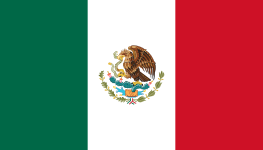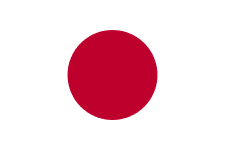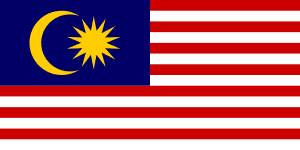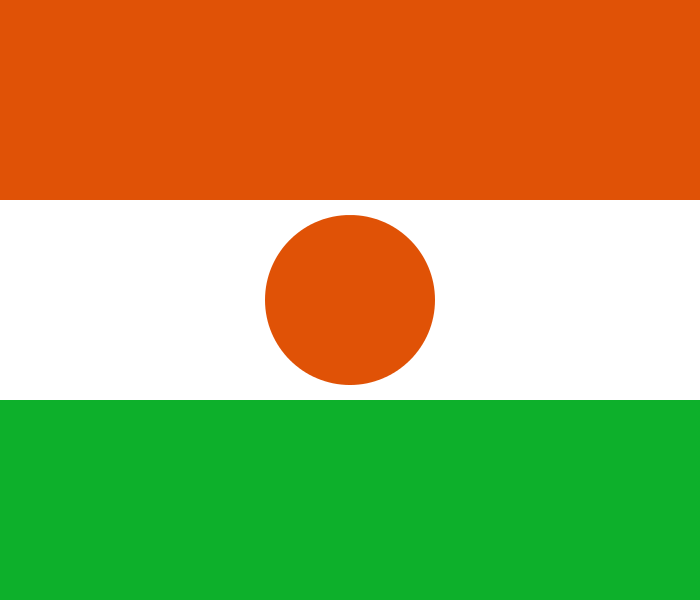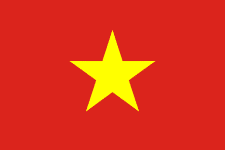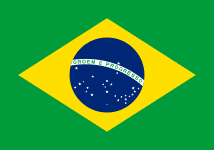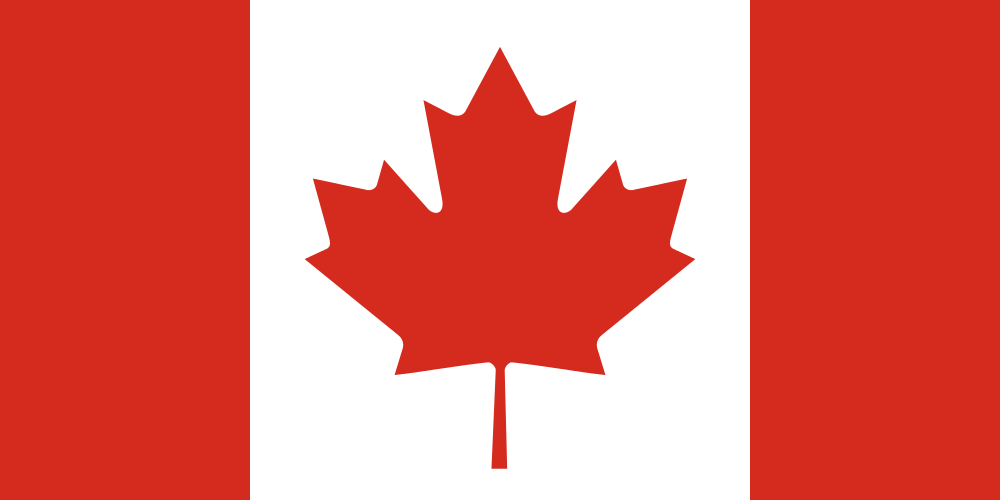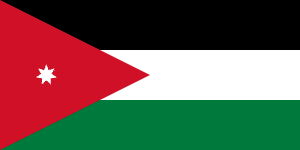- Industry
- Region
- Country / Region
Following the nomination issued by the President of Mexico on October 7, 2025, the Mexican Senate approved five candidates for the position of commissioner of the Telecommunications Regulatory Commission (CRT) on October 14, 2025. According to Mexican law, by October 24, the President of Mexico will appoint the chairman of the commission, and the Federal Institute of Telecommunications (IFETEL) of Mexico will be officially dissolved.
On October 17, 2025, IFT announced that it has ceased operations, and it is expected that it will take at least one week for related businesses to switch to CRT.
Click this link to view relevant media press release.
On October 11, 2025, Japan's Ministry of Internal Affairs and Communications (MIC) consulted on a draft ministerial ordinance to amend the Detailed Regulations for the Implementation of the Radio Act to introduce the construction of 5G networks in the 26GHz frequency band.
Click this link to view the original public consultation, which is open for comments until November 10, 2025.
On 10 October 2025, the Malaysian Technical Standards Forum Berhad (MTSFB) launched a public consultation on the following technical specifications:
- Satellite Earth Station Terminal Specification, citing EN 301 441, EN 301 681 and EN 301 489 series standards;
- Free Space Optical Communication (FSO) specification;
- specification for amateur radio equipment, citing EN 300 086, EN 300 113, EN 301 166 and EN 301 783;
Click on this link to view the original public consultations listed above, and the comment period is until November 9, 2025.
On October 8, 2025, the Niger Electronic Communications and Postal Regulatory Authority (ARCEP) issued Decision 000011/ARCEP/CNRCEP/25, which sets out stricter submission, testing, and local representation requirements.
Main changes:
- According to Article 5 of the decision, two complete sets of samples must now be submitted;
- The application must be submitted by a local representative with a power of attorney from the manufacturer.
- ARCEP may request RF samples during the evaluation.
- Must be labeled before import;
- Previously approved devices remain valid.
This decision is effective from the date of publication without a transition period. Click this link to view the original decision.
On October 7, 2025, the Federal Communications Commission (FCC) released the agenda for October Commision open meeting which included a draft second report and order on the Covered List and a draft second further notice of proposed rulemaking. The main contents of the draft second report and order include:
- Clarifying module equipment is also a "covered" device;
- Device certification based on "covered" module equipment is prohibited;
- Establish procedures to prohibit the import and marketing of "covered" equipment that has been issued;
- Modifications to "covered" equipment are prohibited.
The second futher notice of proposed rulemaking will seek opinions on the definition of "critical infrastructure" and how to strengthen the prohibition of "covered" equipment entering the market.
Although the draft second report and order is not voted on and released, FCC Chairman Brendan Carr said on October 10, 2025 that major e-commerce platforms had completed the cleanup of "covered" devices and that millions of affected devices had been removed from the shelves.
Click this link to view the FCC's second the Report and Order on the Covered List and the draft Second Further Notice of Proposed Rulemaking (FNPRM). It is expected that after the FCC votes at the Communision's open meeting in October, the FCC will publish the relevant documents on the federal register website and officially start the relevant legislative process.
On October 6, 2025, the Ministry of Science and Technology (MST) of Vietnam solicited public comments on the Draft Circular on the Draft National Technical Regulations on Electromagnetic Compatibility of Terminals and Auxiliary Equipment, the Draft Announcement of Conformity Certification (QCVN) and the Instructions. This new draft EMC standard will apply to 2G, 3G, 4G, 5G NR, and LTE NB-IoT. The new standard QCVN 86:2025/BKHCN will be equivalent to EN 310 489-52 V1.3.1 (2024-11) and will come into force on January 1, 2026.
Between January 1, 2026 and December 31, 2026, devices using 2G, 3G, and/or 4G technologies can use QCVN 86:2019/BTTTT or QCVN 86:2025/BKHCN for SDoC processes; Devices using 5G NR and/or LTE NB-IoT technology can use QCVN 18:2022/BTTTT or QCVN 86:2025/BKHCN for SDoC processes. From January 1, 2027, all of the above devices will be required to apply for QCVN 86:2025/BKHCN to complete the SDoC process.
Click this link to view the original public consultation, which is open for comments until December 6, 2025.
On October 1, 2025, Brazil's National Telecommunications Authority (ANATEL) issued the Ato N° 14158 bill. The Act approves updates to Ato N° 14448:2017 (Technical Requirements for Conformity Assessment of Restricted Radiation Radio Communication Equipment) and Ato N° 237:2022 (On Conformity Assessment Test Procedures for Restricted Radiation Radio Communication Equipment). These updates include adjustments to the following scope of use and requirements: devices operating in the mmWave frequency band; Radio access systems operating in the 5150 to 5350 MHz band; audio, video, or other application transmission systems; Test procedures for broadband wireless access systems.
The bill is now in effect and will be enforced from April 6, 2026. Click on this link to view the original text of Ato N° 14158.
On September 26, 2025, the Telecommunications Authority of Pakistan (PTA) announced that it had approved the adoption of Wi-Fi 7 in the 6 GHz band (5925-6425 MHz), which aligns with the previously approved Wi-Fi 6E parameters.
Click this link to view the PTA's press release.
On September 24, 2025, Innovation, Science and Economic Development Canada (ISED) launched a public consultation on RSS-195 Issue 3, "Wireless Communication Service (WCS) Equipment Operating in the bands 2305-2320 MHz and 2345-2360 MHz". The main change in this revision is the addition of a power spectral density limit table in Section 5.6.
Click this link to view the original public consultation, which is open for comments until December 3, 2025.
On September 16, 2025, the Jordanian Telecommunications Regulatory Commission (TRC) issued Instructions No. 2 of 2025 - Conditional Instruction on Approval Procedures for Importing Telecommunications Equipment and Telecommunications Equipment.
Updates to the guidance include:
- Reports from laboratories accredited by ILAC-MRA accreditation bodies should be used;
- New applications for local companies that have obtained type approval on behalf of other companies are valid for 1 year; The
- renewal application is valid for 1 year, calculated from the date of issuance of the new certificate;
- The list of exempt products has been expanded to include scanners, data displays, and projectors that do not contain high-power radio communication functions or components; Laptops that do not contain high-power radio communication functions or components; Wireless mice, wireless keyboards, wireless headphones (Wi-Fi, Bluetooth), wireless chargers, cables and wires, empty cabins, remote short-range control using infrared rays, hard disks and storage devices, GPS navigation equipment (without any high-power radio communication functions or parts), and production electronic parts without any radio communication functions or parts.
Click on this link to view the original TRC Instructions No. 2 of 2025.
